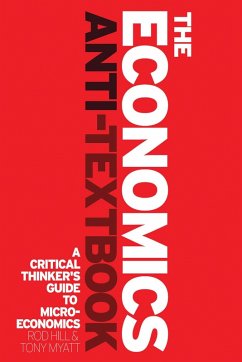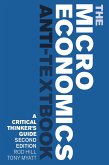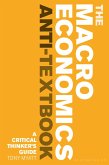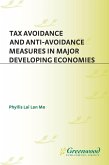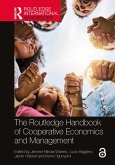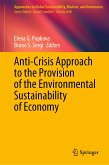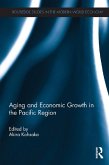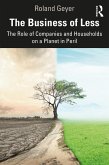Mainstream textbooks present economics as an objective science free from value judgements; that settles disputes by testing hypotheses; that applies a pre-determined body of principles; and contains policy prescriptions supported by a consensus of professional opinion. The Economics Anti-Textbook argues that this is a myth - one which is not only dangerously misleading but also bland and boring. It challenges the mainstream textbooks' assumptions, arguments, models and evidence. It puts the controversy and excitement back into economics to reveal a fascinating and a vibrant field of study - one which is more an 'art of persuasion' than it is a science.
The Economics Anti-Textbook's chapters parallel the major topics in the typical text, beginning with a boiled-down account of them before presenting an analysis and critique. Drawing on the work of leading economists, the Anti-Textbook lays bare the blind spots in the texts and their sins of omission and commission. It shows where hidden value judgements are made and when contrary evidence is ignored. It shows the claims made without any evidence and the alternative theories that aren't mentioned. It shows the importance of power, social context and legal framework.
The Economics Anti-Textbook is the students' guide to decoding the textbooks and shows how real economics is much more interesting than most economists are willing to let on.
The Economics Anti-Textbook's chapters parallel the major topics in the typical text, beginning with a boiled-down account of them before presenting an analysis and critique. Drawing on the work of leading economists, the Anti-Textbook lays bare the blind spots in the texts and their sins of omission and commission. It shows where hidden value judgements are made and when contrary evidence is ignored. It shows the claims made without any evidence and the alternative theories that aren't mentioned. It shows the importance of power, social context and legal framework.
The Economics Anti-Textbook is the students' guide to decoding the textbooks and shows how real economics is much more interesting than most economists are willing to let on.

